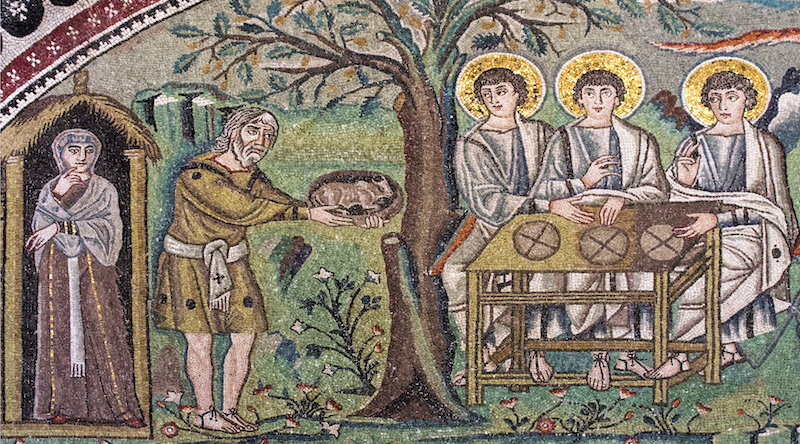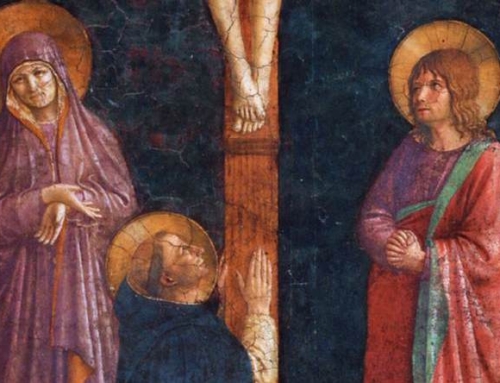2024 Summer Reading Recommendations:
The Father’s House by Father James Dominic Brent, O.P.
Measured by words, the Catholic Faith is really, really, big. For two millennia, apostles, teachers, theologians, and ordinary people have tried to understand and explain the Gospel. Theologians have spilled gallons of ink. Spiritual masters have ceaselessly pondered the mysteries. Because this work is a global and ancient effort, the language is often technical and difficult to understand. We may be tempted to think, “I’ll believe it, but don’t ask me to explain it!” Robust and readable accounts of the perennial Catholic truth are essential for every age. We need a teacher.
Herein lies the value of Father James Brent, O.P.’s recent book The Father’s House. Fr. Brent cuts to the heart of the Gospel message, presenting it as the answer to our heart’s deepest questions: What is the purpose of life? Who am I? How do I find love? Father Brent states that “the aim of this book is to offer answers, not according to one more theory or worldview currently on offer in our culture’s marketplace of ideas, but according to the Gospel of Jesus Christ as the Church has lived it and understood it for thousands of years” (1). Through a series of guided meditations, Fr. Brent presents a unified vision of spirituality which is the fruit of his many years teaching across the country. By the end, we may wonder, “Why wasn’t I told this sooner?”
Fr. Brent begins his book by reflecting on the Trinity. Too often written off as a complex theological concept, the Trinity is “the purpose of life and the reason for the world” (8). Understanding it is of great practical importance. Our home is in the Father’s house, where Jesus has gone “to prepare a place for us to abide in God for eternity” (14). The inner life of the Trinity is the answer to our deepest yearning. Jesus came to make us sharers in his relationship with the Father and the Holy Spirit.
The second part of the Father’s House considers prayer of the heart. Prayer is the center of our relationship with the Trinity, it’s an experience now on earth of the same relationship we will have with God in heaven. But, prayer is easily full of distractions. Often, when trying to pray, I instead think about my plans, worries, or a song I meant to look up. These thoughts, while not inherently evil, compete with my attention on the indwelling Trinity. Fr. Brent presents the traditional teaching of the Desert Fathers on our interior images and temptations. The key is vigilance. Only when we consent to these distractions and temptations do they “become part of our deep heart and part of the story of our personal identity.” (64) Jesus’ mission is to heal us of our affliction. “He came to reorient the eyes of our hearts to gazing Godward in contemplative prayer” (67).
After helping us to understand who God is, who we are, and what we are called to, Fr. Brent explains the practicals of the way—namely the Church. “All of the teachings and practices of the Church,” he explains “are given to the world in order to heal the pathos of the heart and transform us into Jesus by grace” (69). The doctrines, liturgies, prayers, and ministers of the Church are all centered around teaching us the art of friendship with God.
Fr. Brent concludes with a meditation on the Father’s house and spiritual adoption. Jesus tells us through his words and deeds, “In the abundance of my life with the Father, I am making a place for you. All of it is yours. My whole life with the Father is yours” (115). Through the sacrament of baptism, we receive spiritual adoption as sons of God. “Thanks to the grace of adoption, the prayer life of Jesus Christ is going on in the depths of your heart” (129). We live on earth but anticipate the fulfillment of the life to come while Christ prays in us.
Fr. James Brent is a gifted teacher, and his book shares the Gospel in a clear and accessible way. The message of The Father’s House rings deeply true, for it is Christ’s message. Jesus loves us. “He wants us to know his Father. The teachings of Jesus Christ are one and all revelations of the Father’s Love” (141).
✠
Photo by Fr. Lawrence Lew, O.P. (used with permission)







